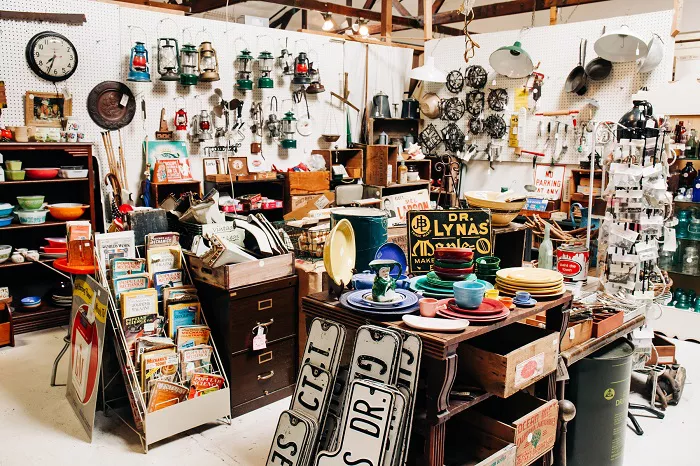SAN ANGELO, Texas — President Donald Trump has announced a 90-day suspension on most global import tariffs, while simultaneously raising tariffs on Chinese imports to a staggering 125%. The policy shift, effective as of Wednesday, April 9, has raised questions about its potential ripple effects on consumer behavior—particularly in industries heavily reliant on foreign goods, such as furniture.
China currently accounts for nearly 30% of all furniture exports to the United States, prompting speculation that consumers may begin to seek alternatives to avoid higher prices. Among the possibilities: secondhand and antique furniture.
Tiffany Doty, owner of Bar-O Memories, a local antique shop in San Angelo, has been closely following developments.
“Right now, really, I don’t feel like anybody’s been able to take a breath yet from him being elected into office,” Doty told FOX West Texas. “I don’t feel like anybody is actually spending money right now.”
Doty said it’s possible there could be an uptick in demand for antique or used furniture as consumers seek out more cost-effective options. However, she emphasized that it’s too early to draw conclusions.
“People tend to buy antique furniture because that’s something that they like, that they collect,” she explained. “I think everybody is still just in that waiting game.”
According to Doty, that “game” largely centers around basic necessities like food and household essentials taking priority over discretionary spending.
“Of course, I hope and pray that everybody would go and buy antiques, because that’s what I like to sell,” she said. “But I just don’t really feel like, right now, that anybody is really spending money.”
As the market adjusts to the new trade policies, small business owners like Doty are watching closely, uncertain but cautiously optimistic that shifting consumer habits might steer more customers their way.

